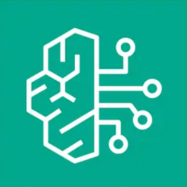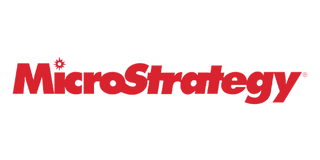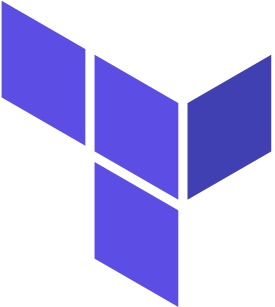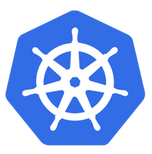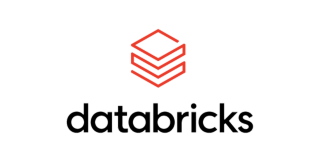Databricks is a cloud platform designed to fully harness the potential of data and can be used on the major cloud providers (Azure, AWS, GCP). It provides an integrated environment for data processing and analysis, machine learning model training, and dashboard development. These are the key features that distinguish the platform:
- Unified:
a single platform for data integration, storage, analysis, AI model development, and training, capable of working with both structured and unstructured data. It enables the utilization of major programming languages in the market (Python, SQL, Scala, R) within a collaborative IDE based on notebooks.
- Open:
It leverages the most widely used open-source tools and projects in the data domain:





